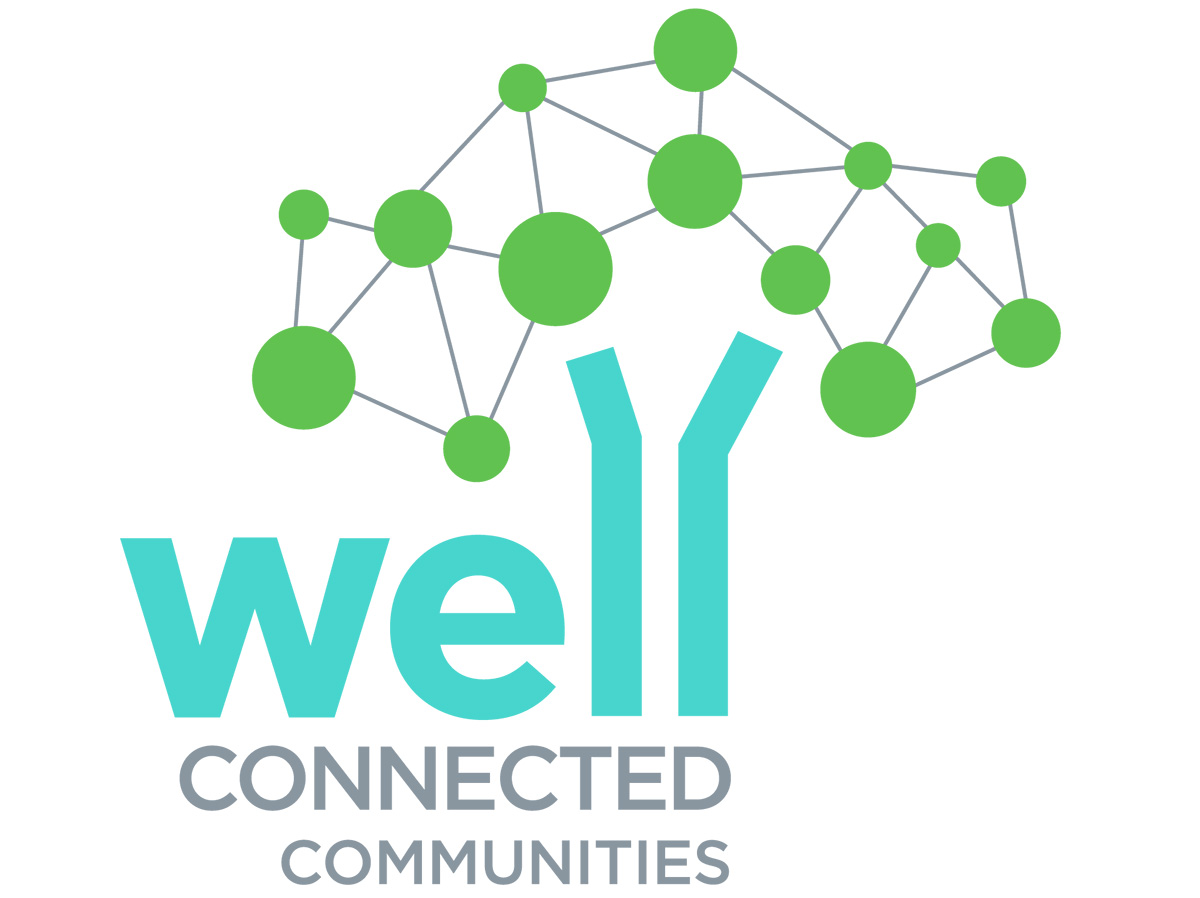
By Emily Gratopp, Extension Educator in Lancaster County
January is the time when most people think of making healthy lifestyle changes — resolving to make new health habits or “kick” ingrained, unwanted ones. Which new habits are you seeking this year? How healthy do you want to be in 2022? Learning from the past couple of years with the COVID-19 pandemic — health matters and it is a fantastic focus for New Year’s resolutions. Health has a significant, multifaceted impact on the well-being of individuals, families and whole communities. Health is worth working on and investing time and resources in — both individually and as a whole community.
WELL CONNECTED COMMUNITIES
Over the past year, Lancaster County has taken intentional action to invest time and resources into whole-community health. Through Well Connected Communities — a national health and well-being initiative of the Cooperative Extension System in partnership with National 4-H Council and supported by the Robert Wood Johnson Foundation — Extension has engaged in a community development process to learn from community members which habits or behaviors are most important for building health for the community as a whole, including hosting focus groups and a youth PhotoVoice project.
Participants outlined five defining areas of health:
• balance among health factors
• access to medical care
• transportation ease
• access to education and resources
• how everyone can increase healthier communities & neighborhoods.
Based on what these community members have voiced, Lincoln’s Health Equity Coalition developed four task forces to propel action:
1. Building Trusting Relationships & Social Healing
2. Health Access & Anti-Discrimination in Healthcare
3. Resource Sharing & Collaboration
4. Transportation
HEALTH EQUITY TASK FORCES
The task force members are diligently and cohesively working to build health equity into structures within the Lincoln community. In fall of 2021, the Health Access & Anti-discrimination in Healthcare task force hosted three virtual learning sessions featuring dedicated community professionals working toward health equity, including Nebraska Appleseed on healthcare coverage, The Malone Center on maternal wellness for women of color, and the Lincoln Community Learning Center’s director on the role they play in whole family and community health. To view the 20–30 minute video clips, visit https://lancaster.unl.edu/wellconnectedcommunities.
BUILDING HEALTH EQUITY TOGETHER
Amidst the vivid description of struggle for finding the balance and equitable access to health, the focus group discussions were inspired with hope by participants’ answer to the question of how to create a healthier community. Overwhelmingly, participants outlined the idea of social connection and neighborliness to strengthen community ties and create a healthier community. As one stakeholder expressed, “There’s this socialization between people and groups ... that’s where people feel they can come together and can work towards improving areas ... being connected with each other may be really critical to improving the health of the people in the community.” Another focus group participant summed up in one sentence how we can ensure health is within everyone’s reach in Lincoln, “... when we all work together we make stronger things.”
WHAT YOU CAN DO
As you consider healthy New Year’s resolutions, consider what you can do, what action you can take to not only make 2022 the healthiest year yet for yourself, but also the community. What inspires you to give back to the health of the whole community? Can you join your neighbors in creating a healthier neighborhood or ensuring your workplace has a healthy environment? If you feel inspired to join the coalition’s efforts, please contact Emily Gratopp at emily.gratopp@unl.edu. The coalition and task forces are always welcoming new members. Read the full focus group report by requesting from Emily a printed booklet or visit https://lancaster.unl.edu/wellconnectedcommunities.